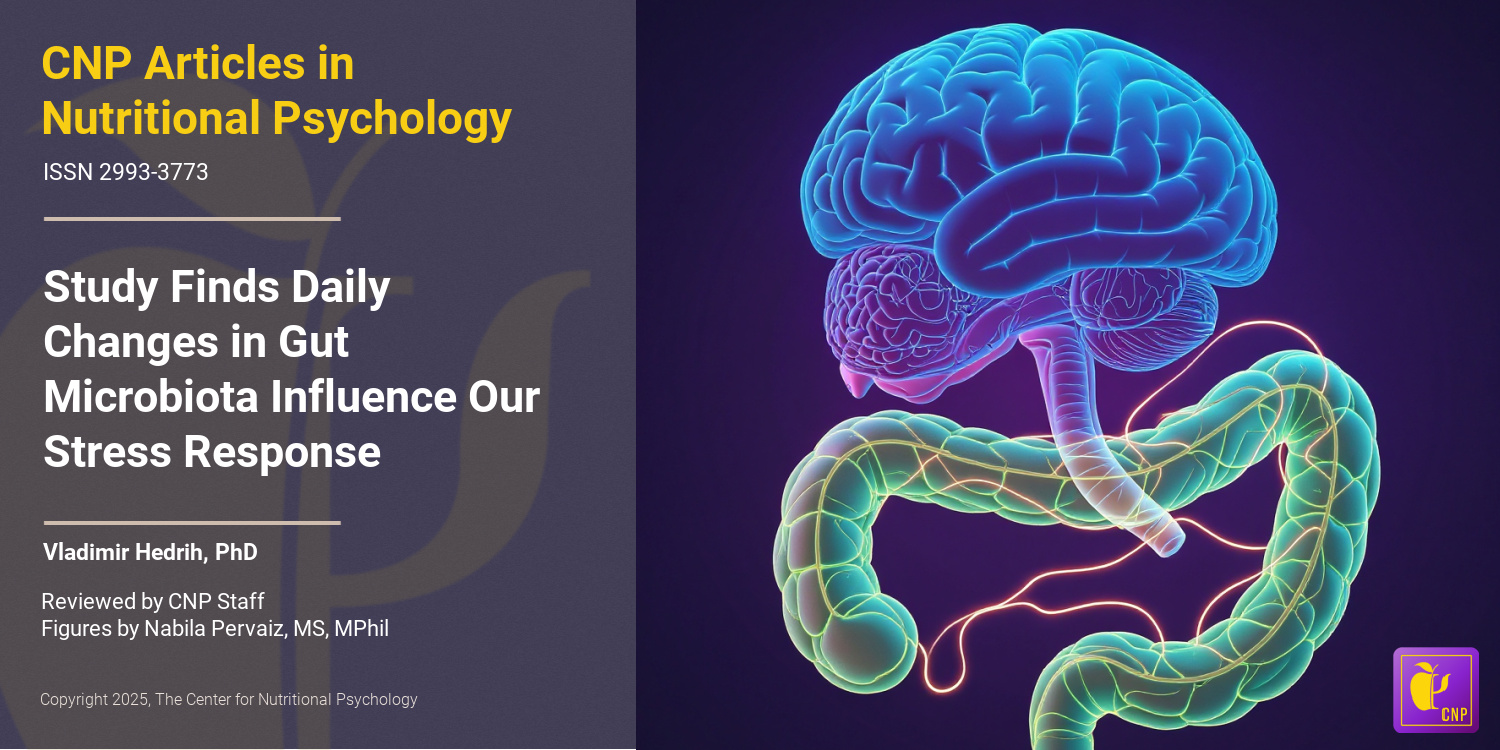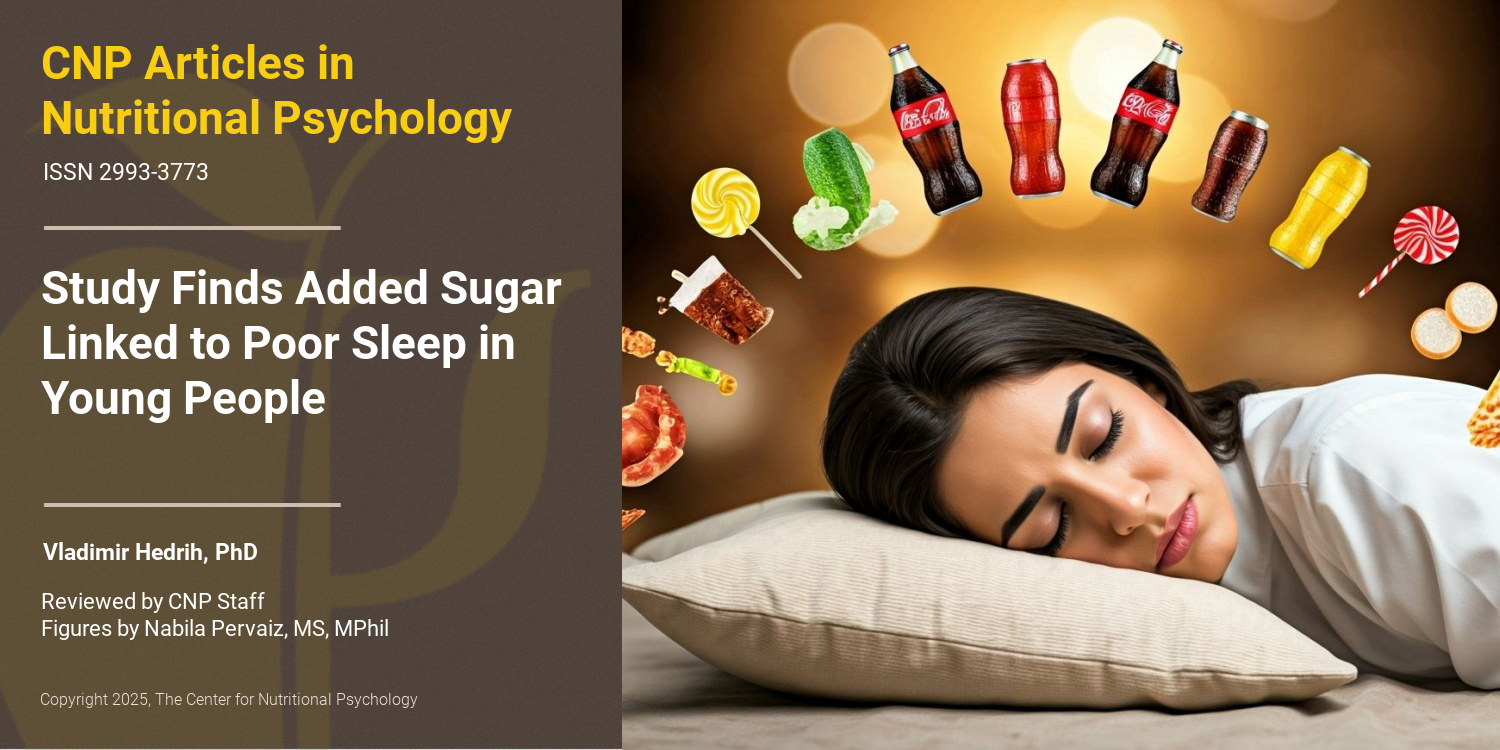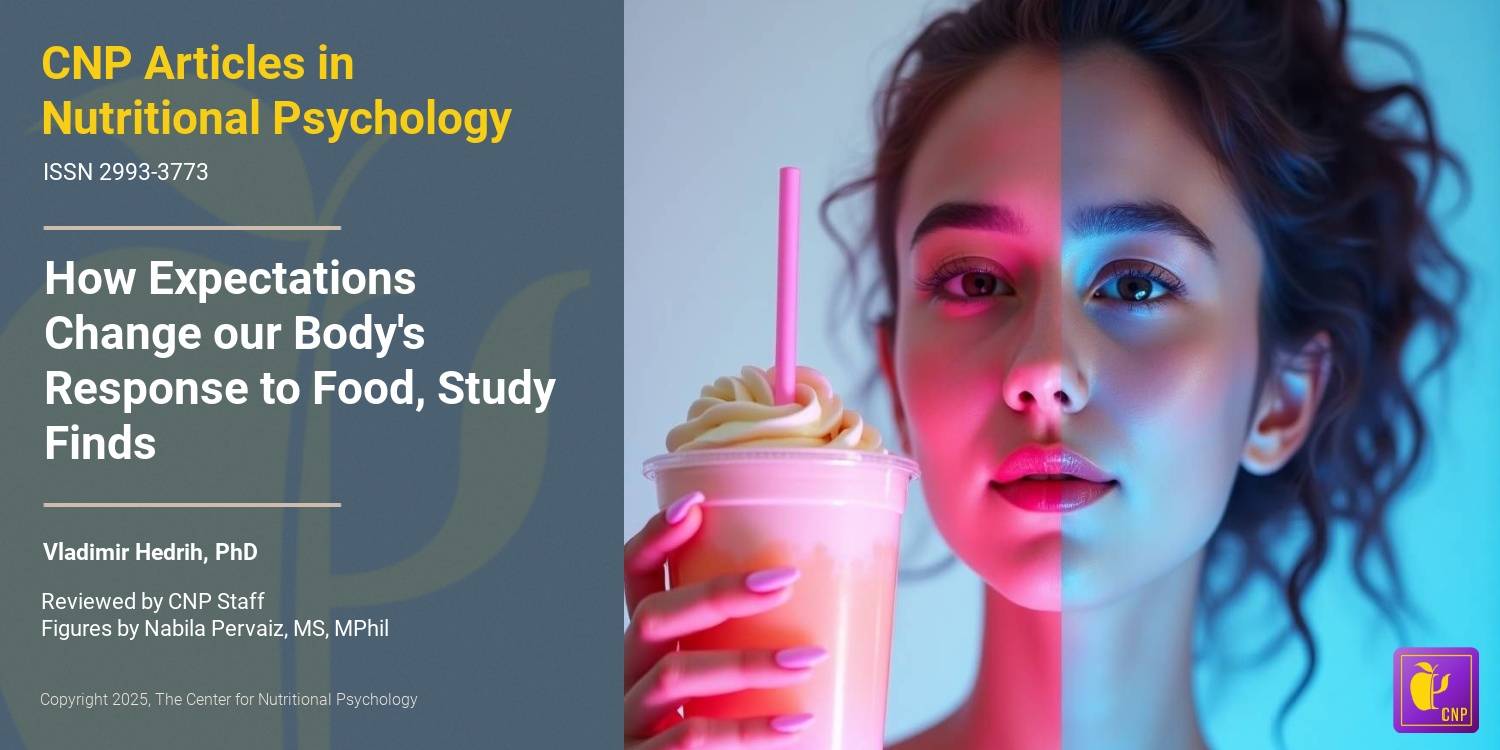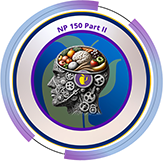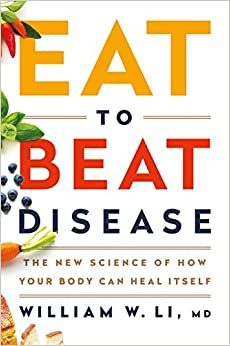
We have long radically underestimated our body’s power to transform and restore our health. Pioneering physician scientist, Dr. William Li, empowers readers by showing them the evidence behind over 200 health-boosting foods that can starve cancer, reduce your risk of dementia, and beat dozens of avoidable diseases. This book isn’t about what foods to avoid, but rather is a life-changing guide detailing the hundreds of healing foods you can add to your meals that support the body’s defense systems, including:
- Plums
- Cinnamon
- Sourdough bread
- Red wine and beer
- Black Beans
- San Marzano tomatoes
- Olive oil
- Cheeses like Jarlsberg, Camembert and cheddar
With Dr. Li’s plan, the foods you already love can be optimized to activate your body’s five natural health defense systems — Angiogenesis, Regeneration, Microbiome, DNA Protection, and Immunity — to fight cancer; diabetes; cardiovascular, neurodegenerative, and autoimmune diseases; and other debilitating conditions.
Both informative and practical, Eat to Beat Disease explains the science of healing and prevention, strategies for using food to actively boost health, and points the study of well-being and disease recovery in an exhilarating new direction.
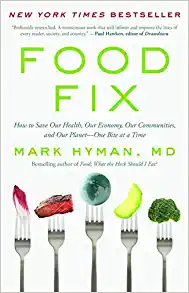
What we eat has tremendous implications not just for our waistlines, but also for the planet, society, and the global economy. What we do to our bodies, we do to the planet; and what we do to the planet, we do to our bodies.
In Food Fix, #1 bestselling author Mark Hyman explains how our food and agriculture policies are corrupted by money and lobbies that drive our biggest global crises: the spread of obesity and food-related chronic disease, climate change, poverty, violence, educational achievement gaps, and more.
Pairing the latest developments in nutritional and environmental science with an unflinching look at the dark realities of the global food system and the policies that make it possible, Food Fix is a hard-hitting manifesto that will change the way you think about—and eat— food forever, and will provide solutions for citizens, businesses, and policy makers to create a healthier world, society, and planet.
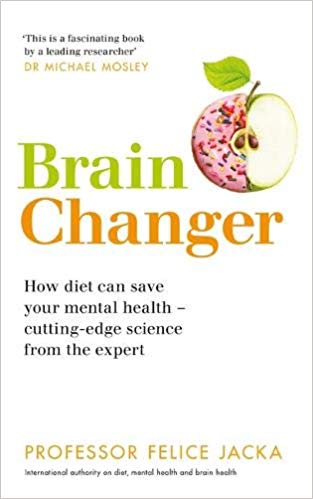
‘This is a fascinating book by a leading researcher, covering one of the most exciting areas of modern nutritional research about how our diet can impact our gut and brain health. The combination of personal stories and cutting-edge science is a real winner’ —DR MICHAEL MOSLEY, AUTHOR AND TV PRESENTER
A combination of Professor Felice Jacka’s love of food and her own experience of depression and anxiety as a young woman led her to question whether what we put in our mouths everyday affects more than our waistline. Felice set out on a journey of discovery to change the status quo and uncover the truth through rigorous science. Beginning her PhD in 2005, she examined the association between women’s diets and their mental health, focusing on depression and anxiety. She soon discovered – you feel how you eat. It is Professor Jacka’s ground-breaking research that has now changed the way we think about mental and brain health in relation to diet.
Brain Changer explains how and why we should consider our food as the basis of our mental and brain health throughout our lives. It includes a selection of recipes and meal plans featuring ingredients beneficial to mental health. It also includes the simple, practical solutions we can use to help prevent mental health problems in the first place and offers strategies for treating these problems if they do arise.
This is not a diet book to help you on the weight scales. This is a guide to good habits to save your brain and to optimise your mental health through what you eat at every stage of life.
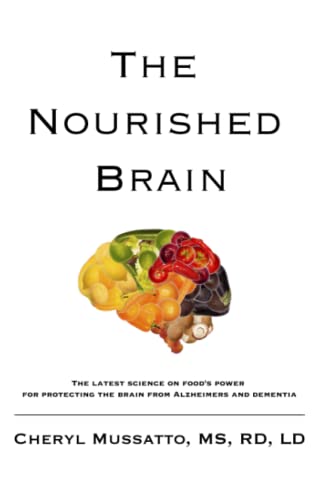
Worldwide, up to 50 million people and their families are living with some form of the degenerative and irreversible disease of Alzheimer’s. By 2030, this number is expected to rise to a staggering 76 million people globally who will be living with this condition. At this time, there is no cure. Many families have asked, “Is there something that could have been done to prevent or slow down Alzheimer’s disease?” Written by a Registered Dietitian who witnessed the gradual decline and loss of both parents to this disease, this book takes a look at the evolving and promising power of food and diet to thwart off the clutches of Alzheimer’s. The author also includes brief anecdotes of other families whose lives have been forever changed by loved ones with Alzheimer’s disease.

In Grain Brain, renowned neurologist David Perlmutter, MD, exposes a finding that’s been buried in the medical literature for far too long: carbs are destroying your brain. Even so-called healthy carbs like whole grains can cause dementia, ADHD, epilepsy, anxiety, chronic headaches, depression, decreased libido, and much more.
Groundbreaking and timely, Grain Brain shows that the fate of your brain is not in your genes. It’s in the food you eat. The cornerstone of all degenerative conditions, including brain disorders, is inflammation, which can be triggered by carbs, especially containing gluten or high in sugar. Dr. Perlmutter explains what happens when the brain encounters common ingredients in your daily bread and fruit bowls, how statin drugs may be erasing your memory, why a diet high in “good fats” is ideal, and how to spur the growth of new brain cells at any age.
Dr. Perlmutter’s revolutionary 4-week plan shows you how to keep your brain healthy, vibrant, and sharp while dramatically reducing your risk for debilitating neurological diseases as well as relieving more common, everyday conditions — without drugs. Easy-to-follow strategies, delicious recipes, and weekly goals help you to put the plan into action. With a blend of anecdotes, cutting-edge research, and accessible, practical advice, Grain Brain teaches you how to take control of your “smart genes,” regain wellness, and enjoy lifelong health and vitality.

After his mother was diagnosed with a mysterious form of dementia, Max Lugavere put his successful media career on hold to learn everything he could about brain health and performance. For the better half of a decade, he consumed the most up-to-date scientific research, talked to dozens of leading scientists and clinicians around the world, and visited the country’s best neurology departments—all in the hopes of understanding his mother’s condition.
Now, in Genius Foods, Lugavere presents a comprehensive guide to brain optimization. He uncovers the stunning link between our dietary and lifestyle choices and our brain functions, revealing how the foods you eat directly affect your ability to focus, learn, remember, create, analyze new ideas, and maintain a balanced mood.
Weaving together pioneering research on dementia prevention, cognitive optimization, and nutritional psychiatry, Lugavere distills groundbreaking science into actionable lifestyle changes. He shares invaluable insights into how to improve your brain power.
With Genius Foods, Lugavere offers a cutting-edge yet practical road map to eliminating brain fog and optimizing the brain’s health and performance today—and decades into the future.

Like our bodies, our brains have very specific food requirements. And in this eye-opening book from an author who is both a neuroscientist and a certified integrative nutritionist, we learn what should be on our menu.
Dr. Lisa Mosconi, whose research spans an extraordinary range of specialties including brain science, the microbiome, and nutritional genomics, notes that the dietary needs of the brain are substantially different from those of the other organs, yet few of us have any idea what they might be. Her innovative approach to cognitive health incorporates concepts that most doctors have yet to learn. Busting through advice based on pseudoscience, Dr. Mosconi provides recommendations for a complete food plan, while calling out noteworthy surprises, including why that paleo diet you are following may not be ideal, why avoiding gluten may be a terrible mistake, and how simply getting enough water can dramatically improve alertness.
Including comprehensive lists of what to eat and what to avoid, a detailed quiz that will tell you where you are on the brain health spectrum, and 24 mouth-watering brain-boosting recipes that grow out of Dr. Mosconi’s own childhood in Italy, Brain Food gives us the ultimate plan for a healthy brain. Brain Food will appeal to anyone looking to improve memory, prevent cognitive decline, eliminate brain fog, lift depression, or just sharpen their edge.
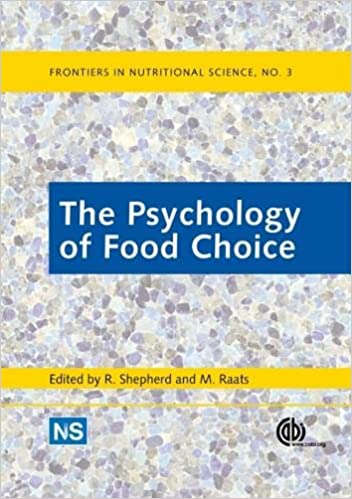
One of the central problems in nutrition is the difficulty of getting people to change their dietary behaviors so as to bring about an improvement in health. What is required is a clearer understanding of the motivations of consumers, barriers to changing diets, and how we might have an impact on dietary behavior.
This book brings together insights from a number of sub-disciplines within psychology and related disciplines, in terms of what they can tell us about the influence on human food choice. It is organized into five main sections which cover: models of food choice, biological and learning influences on food choice, societal influences, food choice across the lifespan, and changing dietary behavior. The contributors are all international leaders in their respective fields and together give an overview of the current understanding of consumer food choice. This book will be of significant interest to those researching nutrition, dietetics, and psychology.

Organized by mental health concern as well as nutrient group, Nutrition and Mental Health reviews the scientific literature from many fields of science: health, psychology, nutrition, mental well-being, and the interface with chronic disease. It provides a straightforward, readable report of broadly selected scientific research on how various nutrients affect mental health. Professional resources are provided in easy-to-access tables as well as suggested formats for assessing nutritional status and guidelines for interpretation. Chapter summaries, a descriptive table of contents, an index, and glossary assist the reader in finding specific topics of interest.
A variety of mental health conditions may affect a person’s ability and interest in getting and eating a well-rounded selection of foods. An examination of the role diet plays in mental health, this book reviews the scientific literature from many fields of science: health, psychology, nutrition, mental well-being, and chronic disease management.










